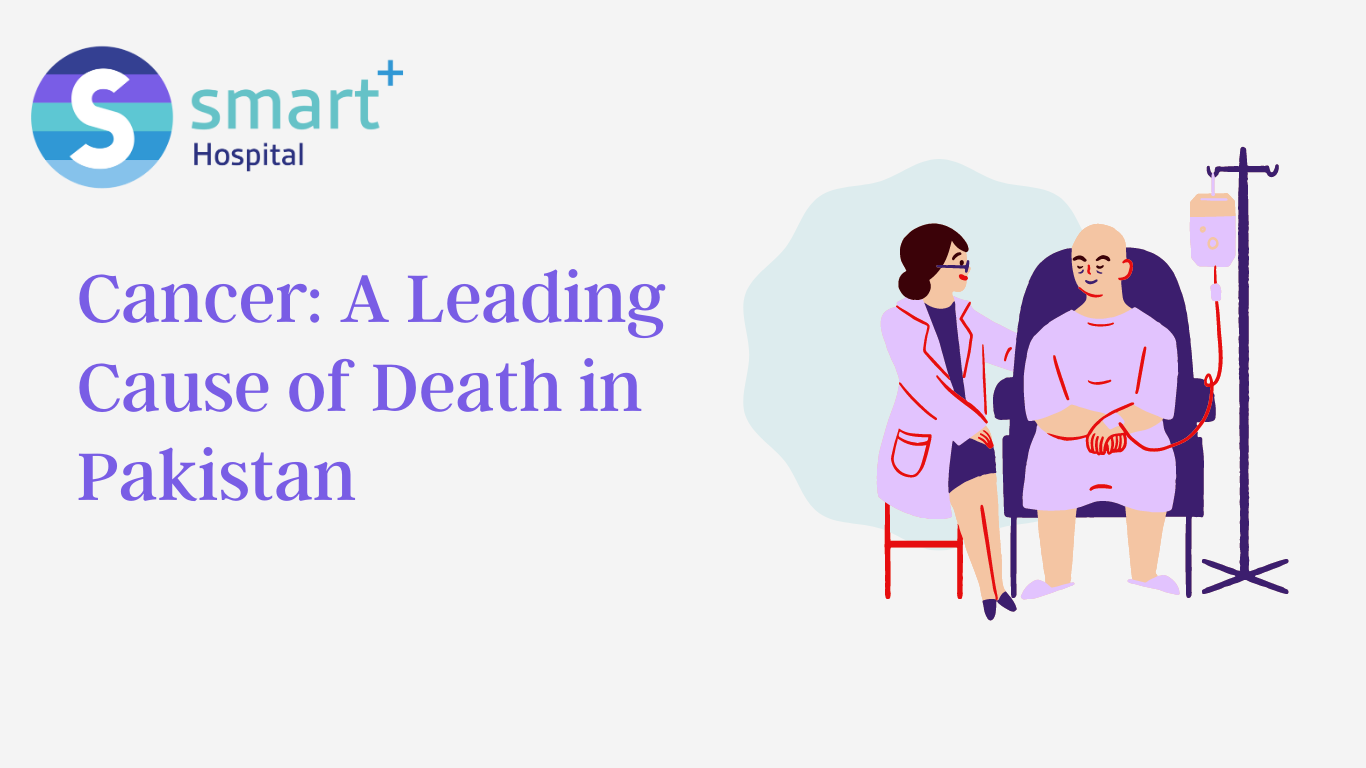Cancer is a significant public health concern worldwide, including in Pakistan. The country faces numerous challenges in combating this deadly disease.
This article aims to shed light on the alarming rise of cancer cases in Pakistan and discuss the factors contributing to its prevalence.
By understanding the magnitude of the problem and raising awareness, we can take steps towards prevention, early detection, and effective treatment. Let’s delve into the details of cancer in Pakistan.
The Burden of Cancer in Pakistan
Cancer has become a leading cause of death in Pakistan. According to recent statistics, the country witnessed a substantial increase in cancer cases over the past decade. It is estimated that more than 150,000 new cancer cases are diagnosed each year. This rising trend is a cause for concern, necessitating immediate attention from healthcare authorities and policymakers.
Common Types of Cancer
Several types of cancer are prevalent in Pakistan. The most common forms include:
These types of cancer contribute significantly to the overall burden of the disease in the country. It is essential to raise awareness about the risk factors, symptoms, and early detection methods associated with each type to ensure timely medical intervention.
Factors Influencing the High Prevalence
- Lack of Awareness and Education
One of the primary reasons for the high prevalence of cancer in Pakistan is the lack of awareness and education regarding the disease.
Many people are uninformed about the risk factors, symptoms, and preventive measures associated with cancer. This leads to delayed diagnosis and treatment, reducing the chances of successful outcomes.
- Limited Healthcare Resources
Pakistan faces significant challenges in terms of healthcare infrastructure and resources.
Limited access to quality healthcare facilities, diagnostic equipment, and skilled medical professionals contributes to the inadequate management of cancer cases.
The shortage of oncologists, radiotherapists, and specialised cancer treatment centres hampers timely interventions and affects patient outcomes.
- Socioeconomic Factors
Socioeconomic factors also play a crucial role in the high prevalence of cancer in Pakistan.
Poverty, inadequate nutrition, unhealthy lifestyle choices, and exposure to environmental pollutants are prevalent among certain sections of society. These factors increase the risk of developing cancer and hinder effective prevention and treatment strategies.
Addressing the Cancer Epidemic
To combat the growing cancer epidemic in Pakistan, it is essential to adopt a multi-faceted approach involving various stakeholders, including government bodies, healthcare organisations, and the community.
Enhancing Awareness and Education
Raising awareness about cancer and its risk factors is crucial for prevention and early detection. Public health campaigns should be launched to educate the masses about healthy lifestyle choices, the importance of regular screenings, and self-examination practices.
Educational programs in schools and workplaces can play a vital role in disseminating accurate information and dispelling myths surrounding cancer.
Strengthening Healthcare Infrastructure
Investing in healthcare infrastructure is imperative to address the burden of cancer effectively.
Cancer care facilities should be improved. For instance, establishing specialised treatment centres, providing healthcare facilities with advanced diagnostic tools, and ensuring the availability of skilled medical professionals.
Collaboration between public and private sectors can enhance the accessibility and quality of cancer care services.
Promoting Research and Innovation
Encouraging research and innovation in cancer prevention, early detection, and treatment is vital to combat the disease effectively. Funding should be allocated to support local research initiatives and clinical trials.
Collaboration between research institutions, healthcare providers, and pharmaceutical companies can accelerate progress in understanding cancer and developing effective therapies.
Supporting Cancer Patients and Their Families
Cancer takes a toll not only on patients but also on their families. Providing support services, including counselling, financial assistance, and psychosocial support, can alleviate the burden on affected individuals.
Non-governmental organisations (NGOs) and support groups should be actively involved in providing emotional and practical support to cancer patients and their families.
Important Facts About Cancer
Recent data reveals that cancer is responsible for approximately 15% of all deaths in Pakistan. The incidence rates continue to rise, placing a significant burden on the healthcare system and the economy.
Moreover, cancer affects people of all ages, from children to the elderly, highlighting the need for comprehensive strategies to address this issue.

